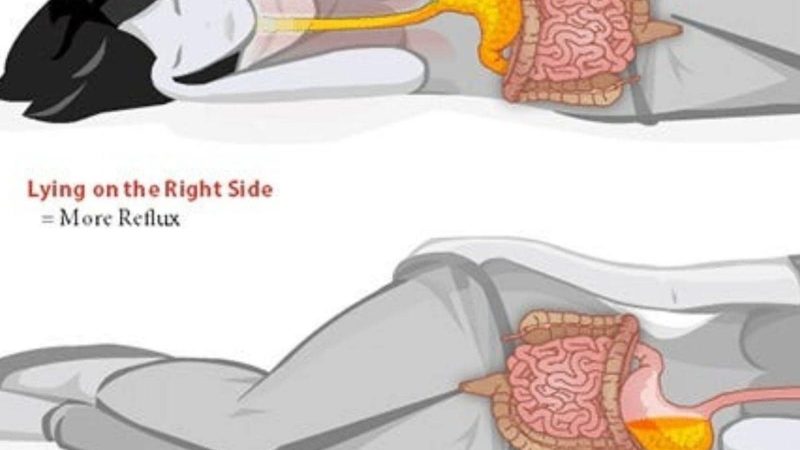Health Effects of Smoking and Secondhand Smoke on Pregnancies Pregnant woman lying on her back on the grass
Women who smoke have more difficulty becoming pregnant and have a higher risk of never becoming pregnant.2,4
Smoking during pregnancy can cause tissue damage in the unborn baby, particularly in the lung and brain, and some studies suggests a link between maternal smoking and cleft lip.1,2
Studies also suggest a relationship between tobacco and miscarriage. Carbon monoxide in tobacco smoke can keep the developing baby from getting enough oxygen. Tobacco smoke also contains other chemicals that can harm unborn babies.1,2
Health Effects of Smoking and Secondhand Smoke on Babies
Baby in an incubator
Mothers who smoke are more likely to deliver their babies early. Preterm delivery is a leading cause of death, disability, and disease among newborns.1,2
One in every five babies born to mothers who smoke during pregnancy has low birth weight. Mothers who are exposed to secondhand smoke while pregnant are more likely to have lower birth weight babies. Babies born too small or too early are not as healthy.1,2,3
Both babies whose mothers smoke while pregnant and babies who are exposed to secondhand smoke after birth are more likely to die from sudden infant death syndrome (SIDS) than babies who are not exposed to cigarette smoke.1,2,3 Babies whose mothers smoke are about three times more likely to die from SIDS.1

Babies whose mothers smoke while pregnant or who are exposed to secondhand smoke after birth have weaker lungs than other babies, which increases the risk for many health problems.1,2,3
Hits: 0








